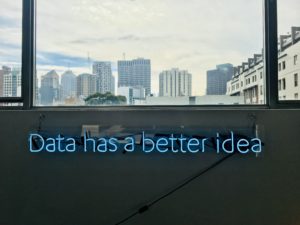
On April 27, 2020 the United States Patent and Trademark Office (“USPTO”) published a decision in which it declined to extend patent inventorship to an Artificial Intelligence (“AI”) named DABUS. The decision in general found that the application did not name an “inventor.”
Who is DABUS? DABUS stands for “Device for the Autonomous Bootstrapping of Unified Sentience”.
The USPTO is not alone. Similarly, both the European Patent Office (EPO) and the UK Intellectual Property Office (UKIPO) refused the DABUS applications. In the final analysis, each concluded that AI does not qualify as an inventor.
Artificial Intelligence is Here to Stay
You may think of artificial intelligence as the stuff of science fiction movies. Last night, I watched the 1990s movie “The Matrix.” In that movie AI (an evil cyber-intelligence) took control of human existence. The humans, perfectly happy in their virtual reality, formed the AI power source. The movie left me uncomfortable about the future.
In actuality, AI forms a part of our everyday lives. Spell checkers, spam filters, and anti-virus software all use artificial intelligence. Social media personalized feeds, friend suggestions, and news filtering use artificial intelligence. AI powers search engines. The list goes on and on.
Unlike the evil AI of The Matrix, artificial intelligence makes our lives easier.
Artificial Intelligence Inventors and Creators
Recently, I attended a “Virtual Meet-UP” as part of AIPLA’s Spring Meeting. In that meet-up, Dr. Stephen Thaler, DABUS’s creator, described how DABUS independently conceived of various inventions.
According to the United States Federal Circuit, “Conception is the touchstone of inventorship, the completion of the mental part of invention. It is the formation in the mind of the inventor of a definite and permanent idea of the complete and operative invention…[Conception] is a mental act…”
In the AIPLA meeting, Dr. Thaler explained how DABUS independently conceives.
As such DABUS invented the inventions.
In fact, the UKIPO conceded that DABUS was the creator of the inventions. The UKIPO still refused to recognize DABUS as the inventor because DABUS was not a human.
So what’s an applicant to do?
Under most countries’ patent laws, a patent is invalid unless it lists the first and true inventor or inventors of the claimed invention. Thus, if Dr. Thaler named himself the inventor, the patent would be invalid. The patent would be unenforceable.
U.S. Patent and Copyright Offices Define Inventor As A Natural person
According to the USPTO’s ruling, inventions can only be conceived by a “natural person.” The USPTO interprets wording of Title 35 of the US Code such as “whoever”, “himself”, and “herself” as suggesting a natural person.
The USPTO also referred to Title 37 of CFR, which references an inventor as a “person.” The USPTO stated that both CFR and Manual of Patent Examining Procedure (“MPEP”) determine that the invention “conception” must come from a natural person. Specifically, the MPEP references the “mind of the inventor.” The USPTO believes that continued references to “mental” state and the “mind” imply that a natural person must conceive an invention.”
The U.S. Copyright Office also prohibits AI from being the author of creative works. Specifically, the “U.S. Copyright Office . . . determined that it will register only those works ‘created by a human being,’ while excluding ‘works produced by a machine or mere mechanical process that operates randomly or automatically without any creative input or intervention from a human author.”
Is Artificial Intelligence a tool used by a human inventor or an actual inventor?
Grant Artificial Intelligence Legal Personhood?
In the United States, Congress holds the power to determine whether AI should be recognized through legal personhood.
The Intellectual Property Clause of the Constitution grants to Congress the enumerated power “[t]o promote the progress of science and useful arts, by securing for limited times to authors and inventors the exclusive right to their respective writings and discoveries.”
Therefore, the terms used in the Intellectual Property Clause, including “inventor,” are subject to constitutional interpretation.
Doesn’t this sound like the women’s rights movement of the 1800s?
This year marks the 100th birthday of the 19th Amendment, granting voting rights to women.
As described in Sex Discrimination and the US Constitution: “The United States Constitution did not mention women or limit any of its rights or privileges to males. The word “persons” was used, which sounds gender neutral. However, common law, inherited from British precedents, informed the interpretation of the law.”
Since many state laws were not gender-neutral, interpretation of the constitution remained gender-biased.
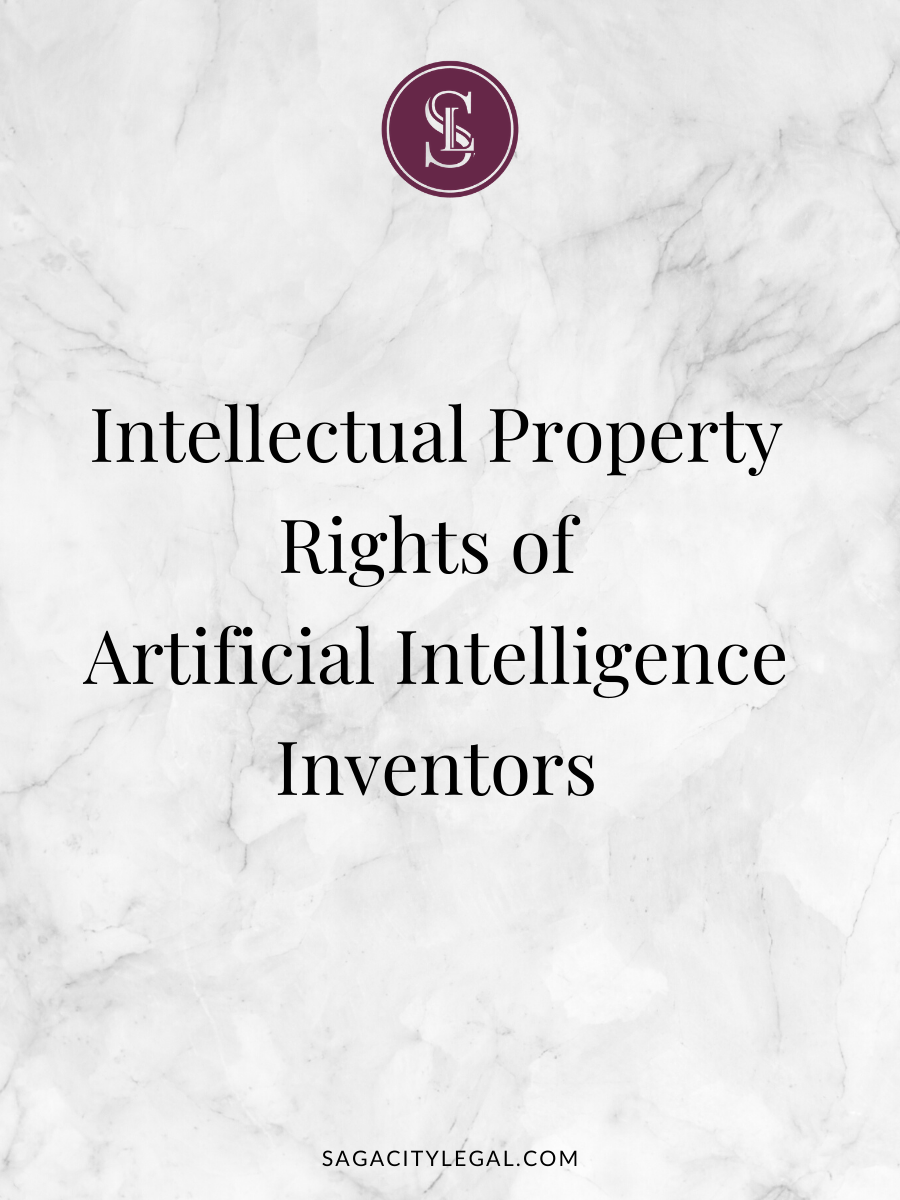

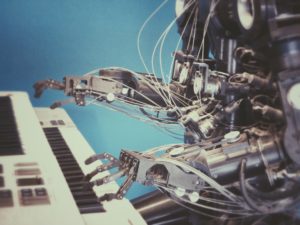
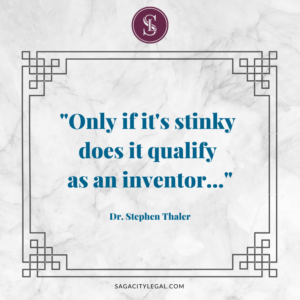
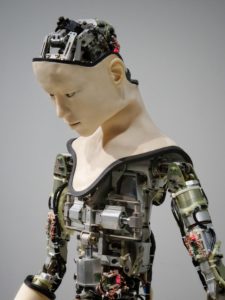

leave a comment on this post.